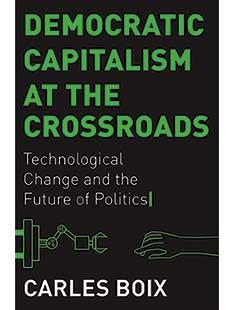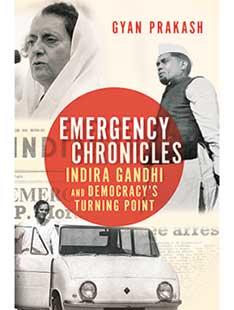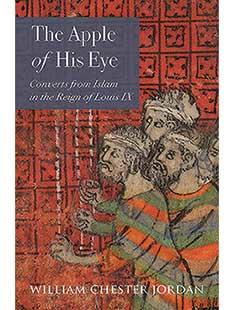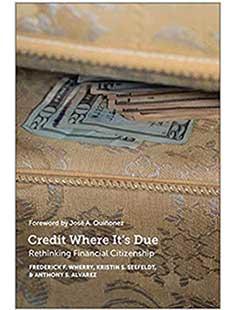Democratic Capitalism at the Crossroads (Princeton University Press), by politics professor Carles Boix, looks at the development of democratic capitalism throughout history to analyze its core tenets. Boix goes on to discuss how the notion is most effectively applied when capitalism’s excesses are reigned in while democracy is maintained.
In 1975, Indian Prime Minister Indira Gandhi declared a state of emergency, an unprecedented move that consolidated power under her and led to months of political strife. Emergency Chronicles (Princeton University Press), by history professor Gyan Prakash, assesses the emergency not only as a strident action by Gandhi, but as the result of decades of political malpractice in the country.
While France’s Louis IX took part in the Crusades, he also worked to persuade Muslims to convert to Christianity voluntarily and peacefully. Professor of history William Chester Jordan’s The Apple of His Eye (Princeton University Press) examines the results of the king’s efforts, the resistance he met, and what happened to those who converted and relocated to France.
Responding to the problem of 45 million adults living in the United States without a credit score, Credit Where It’s Due (Russell Sage), co-authored by sociology professor Frederick F. Wherry *04, explores novel methods of evaluating credit worthiness. The authors demonstrate how new practices could help individuals with credit invisibility and encourage a new understanding of financial citizenship.









No responses yet